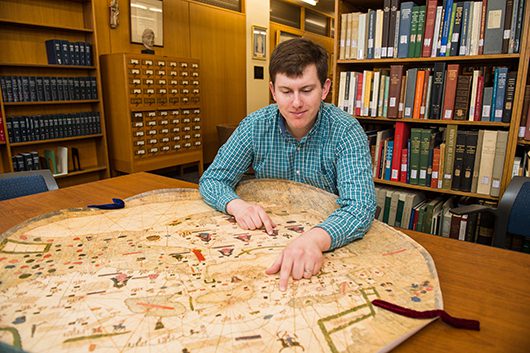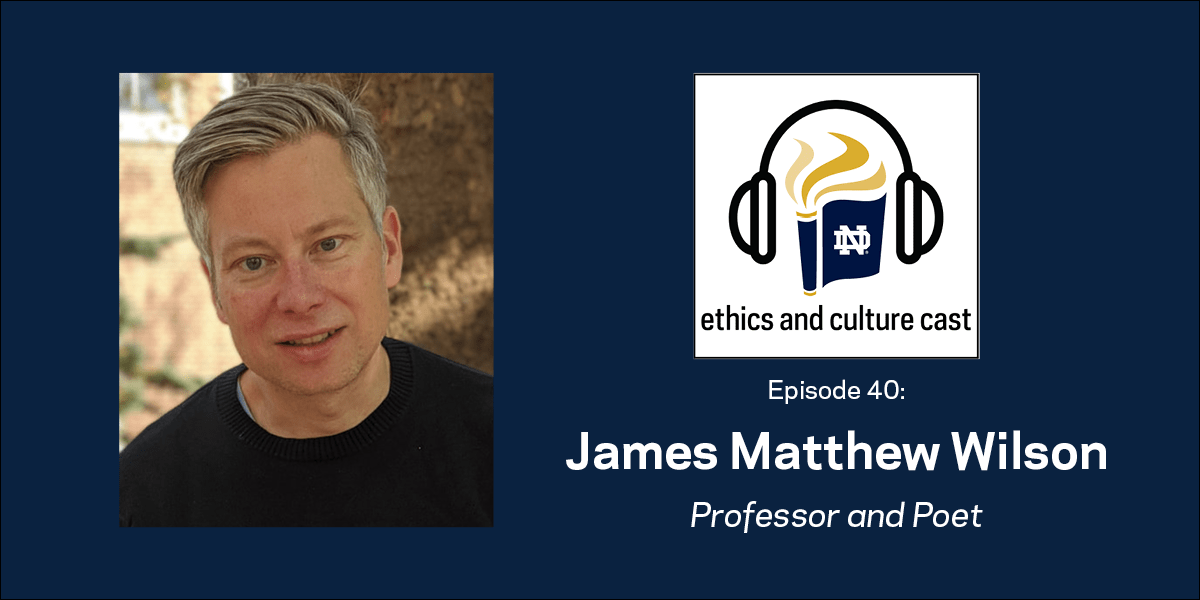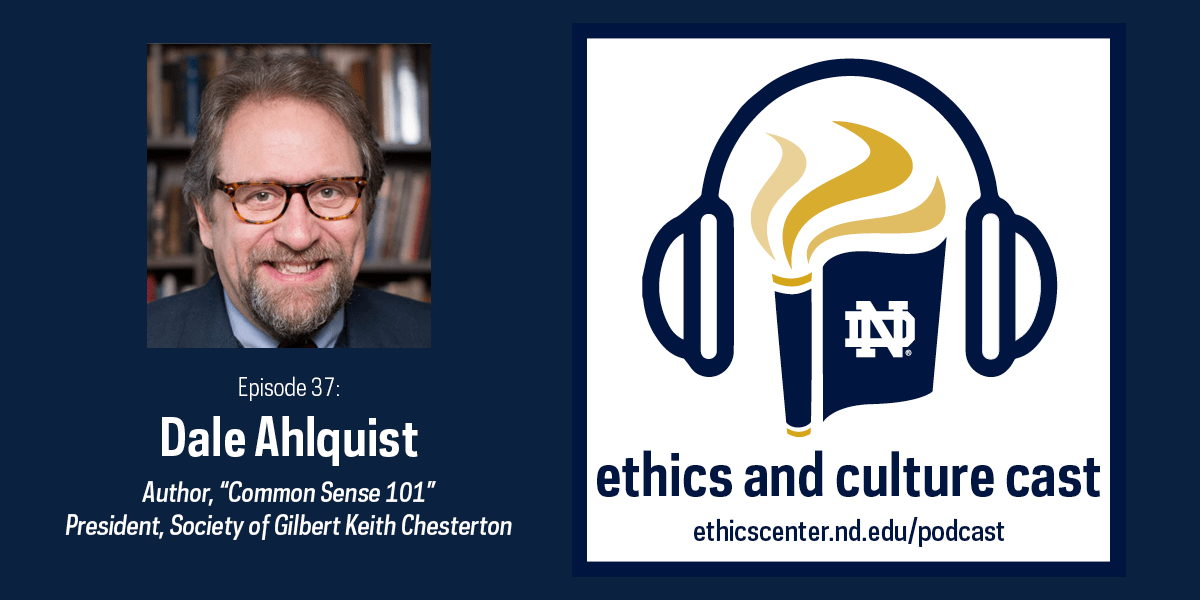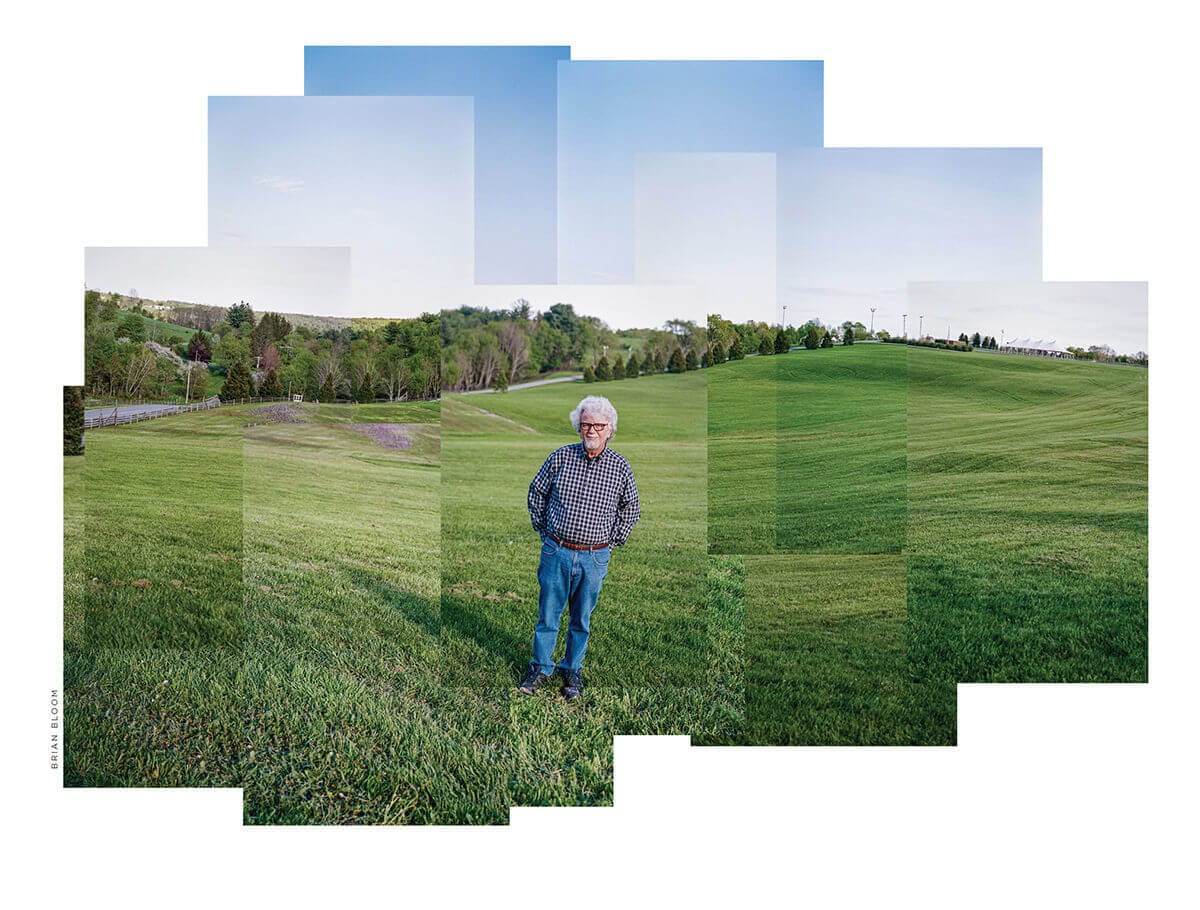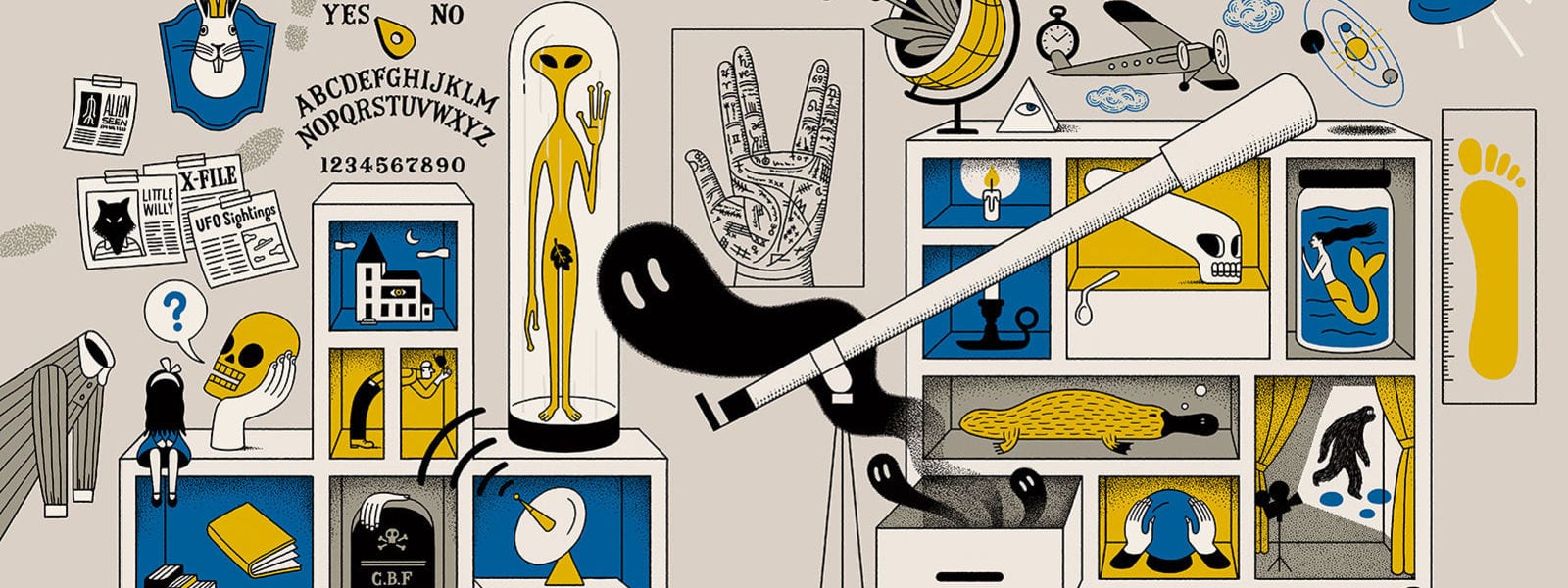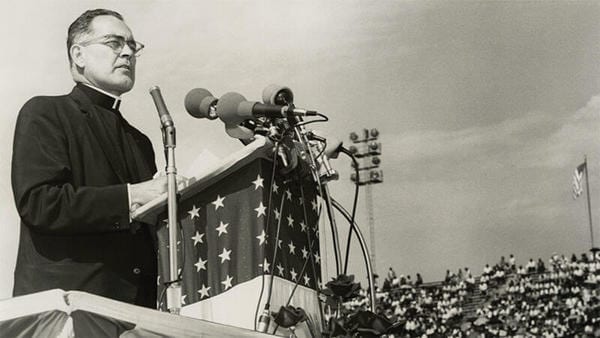Travel Books
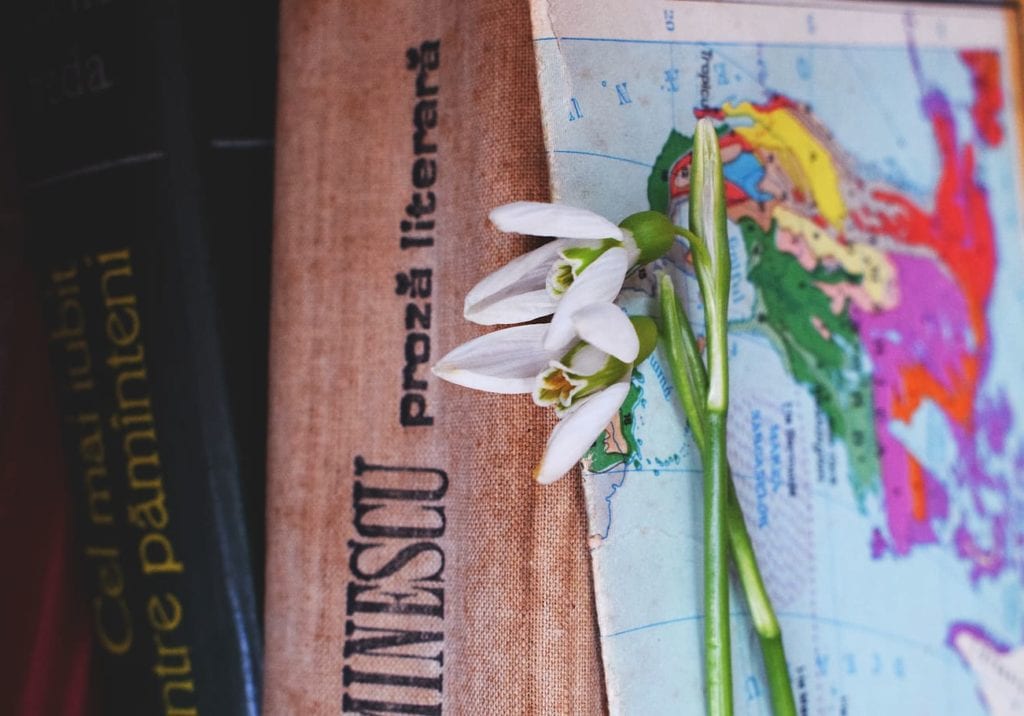
Gregory Greif’s essay received an honorable mention in Notre Dame Magazine’s 2019 Young Alumni Essay Contest.
Travel Books
When traveling, I always make sure to bring a book. Whether it be old or new, textbook or novel, I lug these processed trees to distant corners of the globe, trying to winnow down the reading list that soon will be a book itself. I’m not sure why I do this. It seems an admittance that travel consists mostly of ordinary life, just in a different place. I start each journey anticipating a revelation, yet I always find myself opening a book, seeking a way to pass the time.
That’s why, when I came to Japan for the first time, I carried with me a borrowed copy of Walden, Thoreau’s masterpiece about returning to the woods and living deliberately. I carried also a weary soul, though if I had borrowed it I could not recall. And even if I had begun to doubt after years of disappointment, I still anticipated a revelation, an answer to the question I did not know. In Tokyo the first spring rains were pouring down and all around me the cherry blossoms were starting to bloom.
I had wanted to travel to Japan for a long time. During my first year of college, I happened upon a book on Zen Buddhism and instantly recognized myself in its words — the need to see beyond apparent division, to experience the world as it really is and to search for Truth within. Over the next four years I watched as Zen slowly became a central part of my life, until a pilgrimage to Zen’s homeland felt inevitable. Meanwhile I brought Walden with me on a whim, having borrowed it from my friend the week before.
Thoreau never traveled to Japan, though he might have liked to. He lived in an age where to travel meant to see the land in between, to watch the world segue through harmonies of color with the arrival as grand finale. Through years of working as a land surveyor, he became intimately familiar with the geography and ecology of his home in Massachusetts, traveling widely within a narrow place. How strange that we can jump from country to country like toads, scarcely remembering we once walked the earth in search of food and safe haven, scarcely remembering that many of us still walk thus. I’m afraid Thoreau’s maxim “the swiftest traveller is he that goes afoot” is no longer true. Perhaps it should now read “he who travels swiftest travels least.”
That’s why it felt so odd to read his words while cramped inside an airplane, or to sit with him aboard a Shinkansen train as modern Japan blurred outside my window. There is a very particular dissonance involved in reading the words of a 19th-century woodsman, who describes trains as “devilish iron horses,” while at the same time riding a bullet train through a forest of skyscrapers. I couldn’t help but wonder which had the stronger foundations: those gargantuan pillars of glass, clothed in neon and steadied against the most violent of earthquakes, or Thoreau’s house, a one-room shack built on the edge of a pond.
In the meantime, I was finally in Japan, and I found myself playing the role of a classic tourist enthralled by the sights and sounds of a strange new place. The neon lights! The endless crowds! The Pokémon! I was a little kid in a brand new country, with stars in my eyes and robots on my mind. Between the electronic toilets, the karaoke and the conveyor-belt sushi, Walden Pond and Zen were nearly forgotten.
But soon my travel companions departed, and I was left to wander Japan on my own. According to Thoreau, travel is not about sightseeing or relaxing on a beach; it is no less than the eternal quest to know thyself. This is not so different from the words of Dogen Zenji: “to study the Way is to study the self. To study the self is to forget the self.” During those two weeks I sought to forget myself and my worries as I stood beneath the epicentre of the Hiroshima bombing, held my breath in Kyoto Zen gardens and gazed upon the great Buddha statue in Kamakura. I asked the flowering cherry blossoms to disclose a revelation, if not the one I had come to expect.
But the self is not so easily forgotten, and cherry blossoms speak only to themselves. I had to wonder whether I had been totally earnest in my quest to know myself. Was I in Japan to find something, or was I merely running away? Each day I find myself pulled further from childhood, setting out on a journey I cannot control. Maybe the answers to my questions, my indecipherable despairs, lie not out here but where I have come from. Maybe the revelation I wish for is Thoreau’s commandment to “live like a traveller at home.”
Another of Thoreau’s aphorisms is “not till we are lost do we begin to find ourselves . . . and realize where we are and the infinite extent of our relations,” yet these days it is almost impossible to be properly lost. Our phones have made sure of that. Social media ensures we cannot lose our friends, but rather “meet at very short intervals, not having had time to acquire any new value for each other.” Toxic news media ensures we cannot lose our opinions. Meanwhile the rainforests burn, and our intimacy with nature slips away unnoticed. The brown-thrasher, the veery, the woodpewee, the chewink — these are all birds named in Walden that I have never heard of, and whose song I would not recognize. Perhaps their birdsong no longer exists. Soon we won’t even remember what we have lost.
Thoreau warns that “speech is for those who are hard of hearing,” but we no longer have time to speak at all. We send out tweets or texts instead, then head back to tidy up our echo chambers. With each passing day our phones and liquid screens and carefully worded think pieces take us further from the silence in which Truth resides. I wonder, do you realize I exist, or am I just 1,500 more words to upvote or disparage? We have lost our intimacy with strangers, either because there are too many of us or there are too many forms of distraction.
As my trip waned, Thoreau drew me from the megalopolises to the Japanese countryside, which seemed to hang with memories that were not mine. Wherever I went I found shrine after shrine dedicated to sleeping gods, holding their breath while this startling human passed by. And Thoreau I found there too. He’d been out walking for 170 years, humming to himself and picking berries from the side of the road. His clear blue eyes and sharp nose held back an everlasting mirth. I envied him his freedom, his boundless ability to appear in any place or any moment, his relaxed communion with the rest of the natural world. How did we stray so far from such sublime certainty? Was there a precise moment when we became spiritually derelict?
Amid those groves of trees whose names I never learned, I had no choice but to face my own spiritual dereliction, my own life of what Thoreau calls “quiet despair.” Yet anyone who has walked in the woods will know that despair cannot last long in such a place. “There can be no very black melancholy to him who lives in the midst of Nature and has his senses still.” I did not know these trees’ names, but they knew mine. Each living thing sent out its blessing and welcomed back a prodigal son. I found myself unexpectedly redeemed as Thoreau’s laughter rang out through my lips. Amidst all this heartache, I still somehow find the capacity to dream. In my deepest moments of grief, my heart still manifests an ineluctable joy.
There came a moment of transition from the particular to the universal, when I no longer walked in Japan’s woods but in Thoreau’s, or he walked in mine. With each step I became the eternal pilgrim, and with each breath I started life anew. I found in those forests a kinship — my own suffering and joy shared by all beings, my own soul both the source and recipient of an undying, compassionate love. I left Japan with Thoreau’s book still in my hand, as the morning sun shone down and the cherry blossoms started to fall.
I will not claim to have found the revelation I wanted, but I discovered the answer to one question at least: we do not read books while traveling merely to pass the time. Books color our journeys, sow a shape in our minds through which we interpret each moment. A book is the lens through which we see a place. I looked at Japan through the lens of Walden, and saw myself mercifully lost for the first time — at last beginning to realize where I was and the infinite extent of my relations.
This essay by Gregory Greif ’18 received an honorable mention in Notre Dame Magazine’s 2019 Young Alumni Essay Contest. He holds a bachelor’s degree in Physics and Mathematics from Notre Dame and has a master’s degree in mathematics and foundations of computer science from the University of Oxford.
Epilogue: As of the first publishing of this essay in January 2020, Gregory had plans to spend the year traveling the world by train, including a return to Japan. Because of the pandemic, he ended up living in Mongolia for 18 months, finally returning to the United States in October of 2021. He will be spending summer 2022 living in a Zen monastery in… his home state of Wisconsin.
January 16, 2020
More Like This
Related PostsLet your curiosity roam! If you enjoyed the insights here, we think you might enjoy discovering the following publications.

